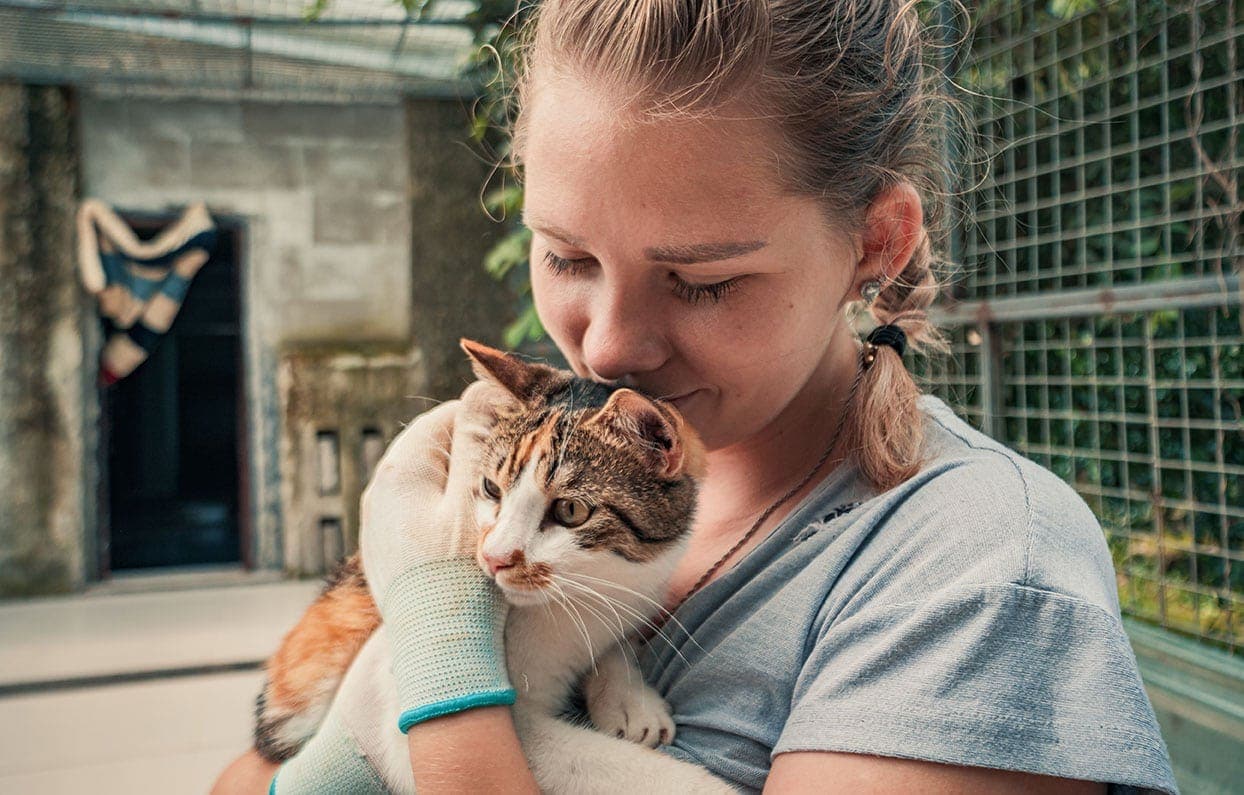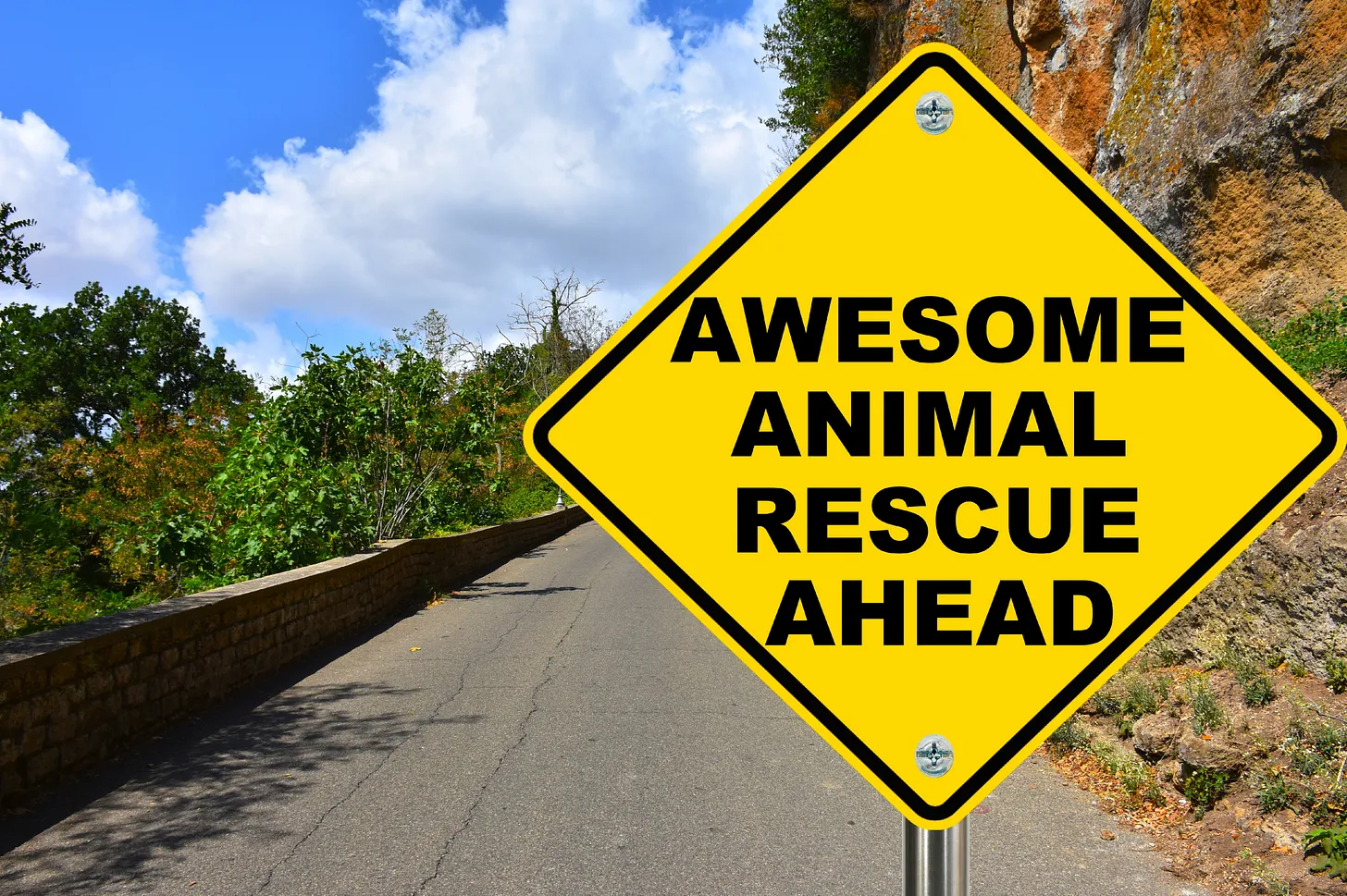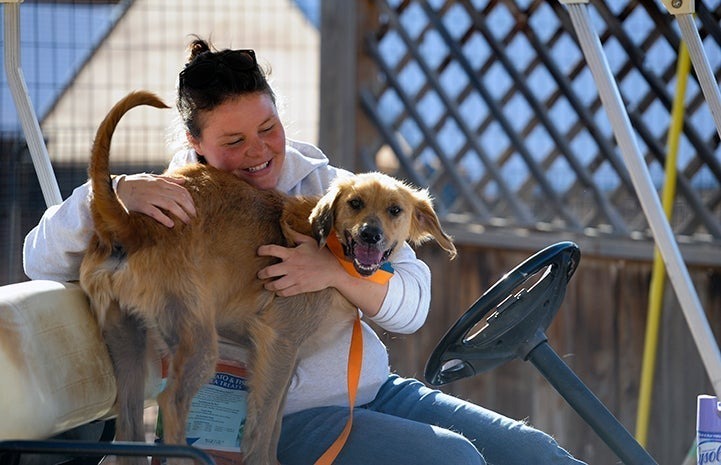Animal welfare charities provide critical services for vulnerable animals. From local shelters caring for lost pets to global organizations focused on protecting wildlife, these charities play a vital role in ensuring animals receive the care, respect, and protection they deserve. Whether you’re an animal lover looking to adopt or someone who simply wants to make a difference, supporting animal welfare charities is a compassionate and impactful way to help.
In this guide, we’ll explore what animal welfare charities do, how these organizations operate, the kinds of animals they serve, and the many ways you can get involved.
What Are Animal Welfare Charities?
Animal welfare charities are nonprofit organizations that work to protect animals from neglect, abandonment, and unsafe environments. Some focus on domestic pets, while others specialize in wildlife conservation, farm animal sanctuaries, or rehabilitation efforts for injured animals. Their primary mission is to promote animal well-being through rescue, rehabilitation, advocacy, education, and community support.
Many of these organizations also operate animal shelters or collaborate with foster families to provide safe, temporary housing for animals in need.
Animal Rescue vs. Animal Shelter: What’s the Difference?
The terms “animal rescue” and “animal shelter” are sometimes used interchangeably, but they have subtle distinctions:
- Animal shelters often have a physical facility and may be government-run or privately managed.
- Animal rescues are usually nonprofit, foster-based groups that rely heavily on volunteers and donations.
Both are types of animal welfare charities that aim to save lives and find permanent, loving homes for animals. Some larger organizations even encompass both rescue and shelter functions under one umbrella.

Which Animals Do Animal Welfare Charities Help?
These charities assist a wide variety of animals, each with their own unique needs.
Dogs
Each year, around 3.1 million dogs enter shelters in the U.S. Many are brought in due to housing challenges, health expenses, or unplanned litters. Charities help rehabilitate and rehome these animals, reducing the number of dogs that remain in long-term shelter care.

Cats
Cats are among the most frequently rescued animals, with an estimated 3.2 million entering shelters annually. Charities provide medical care, spay/neuter services, and find them loving homes.

Horses
Thousands of horses are rescued each year due to abandonment, health conditions, or changing ownership needs. Equine-focused welfare charities offer rehabilitation, retraining, and safe placement programs.
Farm Animals
Chickens, goats, pigs, and cows often end up at sanctuaries after being rescued from unsafe environments. Some come from backyard farms, while others are saved from large-scale operations. Farm animal rescues focus on providing peaceful, long-term care.

Wildlife
Wildlife rescues rehabilitate injured or orphaned animals like birds, raccoons, foxes, or deer. The goal is usually to return them to their natural habitat. In cases where this isn’t possible, animals may be placed in sanctuaries.
Why Are Animal Welfare Charities Important?
Animal welfare charities offer far more than rescue services—they help improve both animal and community health.
They Promote Responsible Pet Ownership
Through education, low-cost veterinary services, and spay/neuter programs, these charities help reduce pet overpopulation and promote responsible animal care.
They Reduce Public Safety Risks
Stray animals can pose risks if they’re injured or unvaccinated. Welfare charities help reduce these risks by ensuring animals are cared for and safely rehomed.
They Prevent Animal Suffering
These organizations intervene in neglect or abandonment cases, offering animals a second chance at life in a safe, supportive environment.

How You Can Support Animal Welfare Charities
Even if you can’t adopt, there are still many ways to help animals in need.
1. Adopt, Don’t Shop
If you’re ready for a new furry (or feathered) family member, consider adopting from a local shelter or rescue organization. Adoption saves lives and opens space for more animals in need.
2. Foster an Animal
Short-term fostering provides animals a break from the shelter environment while increasing their chances of adoption. Most animal welfare charities offer flexible foster programs.
3. Volunteer Your Time
Whether it’s walking dogs, helping with administrative tasks, or assisting at adoption events, your time can make a meaningful difference. Many organizations offer volunteer training to help you get started.
4. Donate Supplies or Funds
Animal charities often rely on community support. Donating pet food, blankets, toys, or financial contributions ensures they can continue offering essential services.
5. Share on Social Media
Amplifying adoptable pet profiles or fundraising campaigns on your social platforms increases exposure and may help animals find homes faster.
6. Report Suspected Neglect or Abuse
If you see an animal in distress, report it to your local animal control or humane society. Early intervention can save lives.
7. Choose Compassionate Consumer Habits
Support companies that use cruelty-free testing methods and consider reducing your consumption of animal-based products. Every compassionate choice helps.
Common Challenges Animal Welfare Charities Face
Pet Overpopulation
Unplanned litters contribute to overcrowded shelters. That’s why education and accessible spay/neuter services are top priorities for many charities.
Funding and Resources
Since many rely on donations, budget constraints can limit how many animals they can help. That makes every dollar and volunteer hour especially valuable.
Health and Behavioral Needs
Rescued animals may arrive with health concerns or behavioral challenges. Animal welfare charities work tirelessly to rehabilitate them, often with the help of veterinary professionals and trained staff.

How to Find a Reputable Animal Welfare Charity
When choosing a charity to support, consider the following:
- Transparency: Look for clear financial reporting and mission statements.
- Reviews and Ratings: Platforms like Charity Navigator and GuideStar provide nonprofit ratings.
- Local Involvement: Local rescues often benefit most from direct community support.
Some well-known national and international organizations include:
- ASPCA (American Society for the Prevention of Cruelty to Animals)
- Best Friends Animal Society
- Humane Society of the United States
- World Animal Protection
- The Gentle Barn (for rescued farm animals)
Final Thoughts
Animal welfare charities are an essential force for good in our world. They save lives, support communities, and remind us that all creatures deserve compassion and care. Whether you adopt, volunteer, donate, or simply share their mission, every action contributes to a better world for animals.
By supporting animal welfare charities, you’re not just helping animals—you’re also promoting kindness, empathy, and responsibility across society.















Leave a Reply